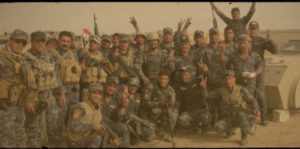
In the Borrego Brothers‘ documentary, Tribal, three veterans from America’s war on terror share their harrowing experiences on the battlefront and similar experiences here at home.
Michael Gomez, Wade Spann, and Omar Hernandez each served in either Iraq or Afghanistan. Omar was the son of undocumented immigrants, and during his second deployment in the Iraq war, he received what he wanted…U.S. citizenship. During his next deployment, Omas accompanied members of the new Iraq National Police force.
While on patrol, his squad was attacked. He described how time slowed down for him and how his body felt heavy carrying the wounded bodies of an Iraqi officer. He himself would be injured in the attack.
Wade Spann recounts his long battle into Iraq’s capital, Baghdad. Penetrating the city was already difficult as each battalion suffered a significant loss. Once in the city, Spann was sent into mosques and Saddam’s palaces, only to be fired upon again. Moments of rest were few and far between, but death was a constant occurrence.
Michael Gomez talked about being injured in battle and given morphine while being fired upon. Gomez became severely injured on the battlefield. His superiors warned him repeatedly to call his family back home and let them know about his condition. His pride refused to let him do it. After losing an eye while sustaining more injuries, Gomez was ordered to call home and prepare to be discharged and return home for rehabilitation.
Tribal is not just a documentary about the horror of the current and recent wars our veterans are involved in today. The war stories serve as a backdrop to what our veterans experience today after returning home. Being removed from combat doesn’t mean that they are safe. Today, our veterans experience high suicide rates.
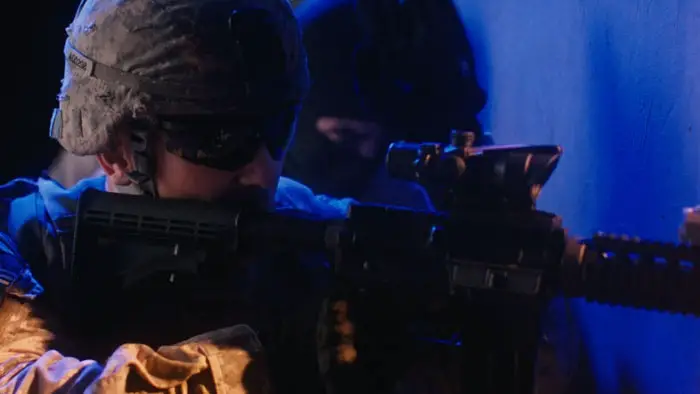
“…three veterans from America’s war on terror share their harrowing experiences…”
The Borrego Brothers allow their subject to speak for themselves in talking head interviews about their experiences. Spann’s testimonies were accompanied by actual on-the-ground footage of Spann’s battles. Actors recreate many moments for the other to accentuate both tense and quiet moments.
For any veteran, It’s almost impossible to return back to normal at home. One veteran, Mark Kershaw, talks about what it’s like to be alone and always in your thoughts. He describes trying to sleep feels like black tar slowly enveloping your body and feeling helpless to stop it. Death seems to be the only way to stop the pain, but the pain is only passed on to the friends and family they leave behind.
For our veterans, death follows them everywhere. On the front, men were lost in the most horrific and violent ways. Now, at home, death follows them through the suicide of those who served with them. But what is the solution? Is there any hope?
As the film’s title implies, Tribal shows that the path to hope is walking away from loneliness and into the refuge of those who have been there…fellow veterans. Realizing that loneliness is the surefire path to taking one’s life, veterans organizations are there to be a resource. The VA is of no help as they are underfunded and understaffed. When they do receive help, the various drugs prescribed seem to do more harm than good.
There is help, and there is hope. Tribal exists as a resource for the veterans who serve our country and sacrifice everything for our freedom. It’s a faint voice of hope in a sea of despair. If you know someone having difficulties readjusting to being home, Tribal is an important film to watch. Hell, if you know a veteran who seems to have it all together after experiencing death and near death in battle, Tribal is an important film to watch, whether they know it or not.
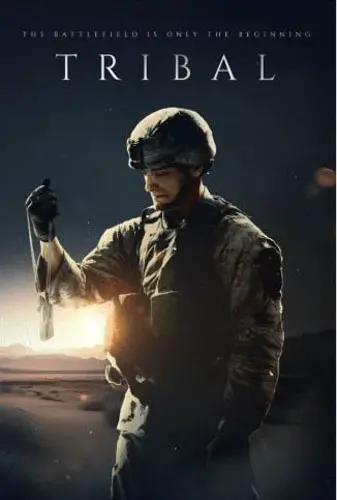
"…exists as a resource for the veterans who serve our country and sacrifice everything for our freedom."
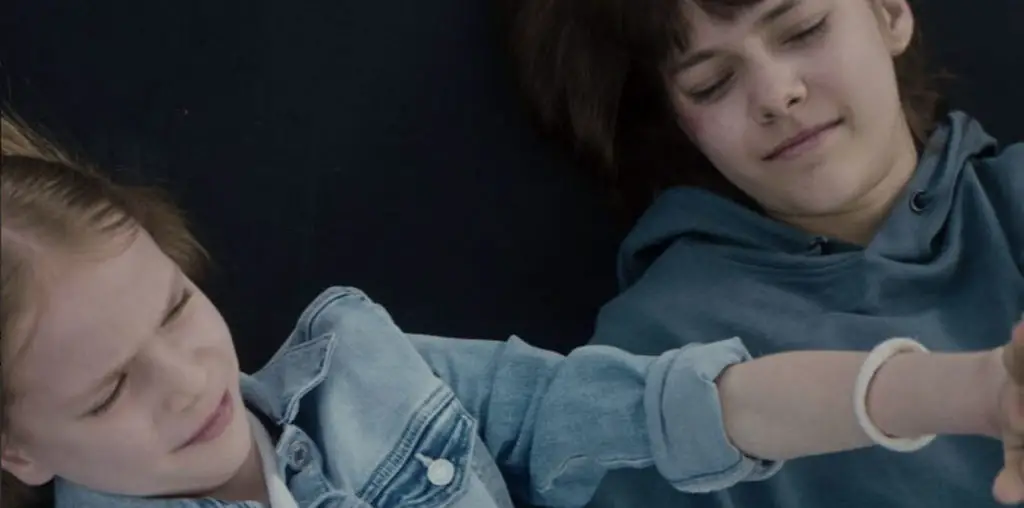
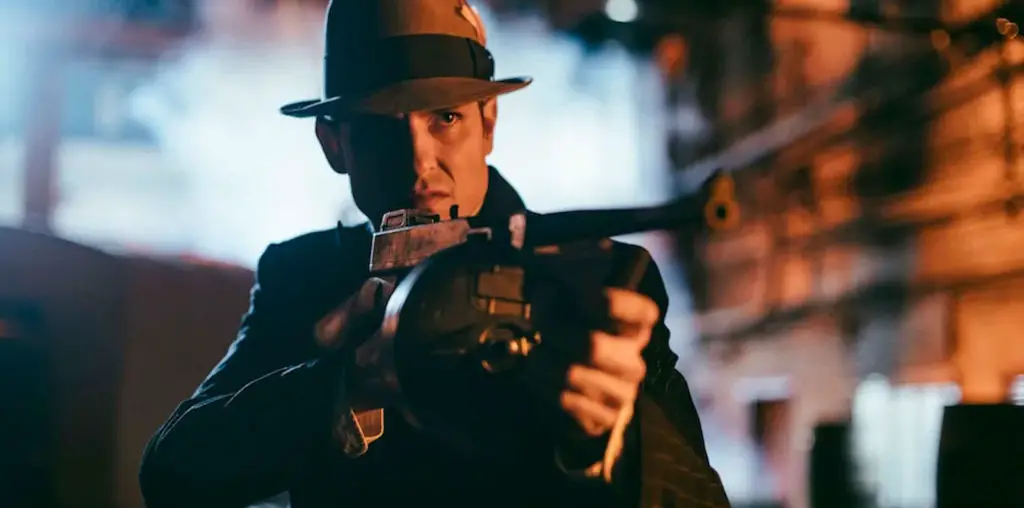
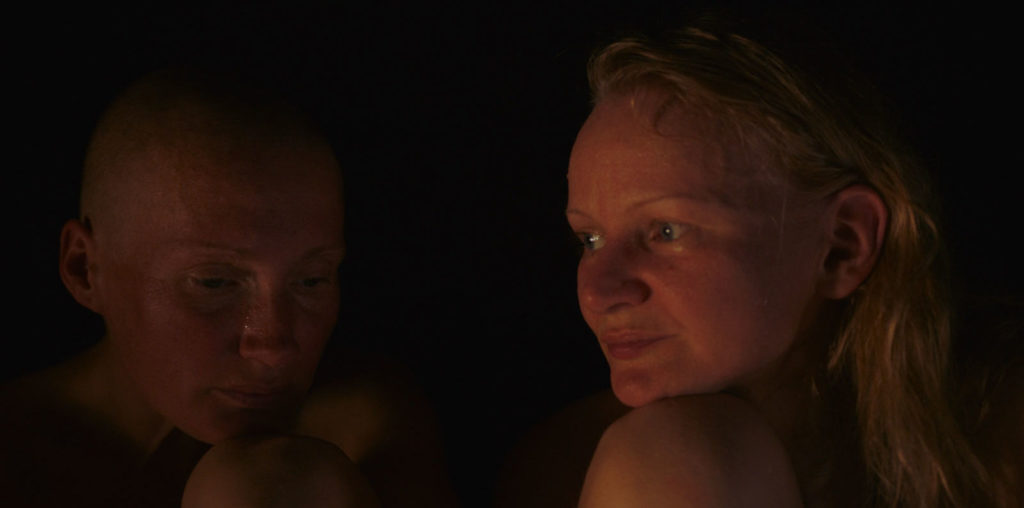
… [Trackback]
[…] Read More here: filmthreat.com/reviews/tribal/ […]